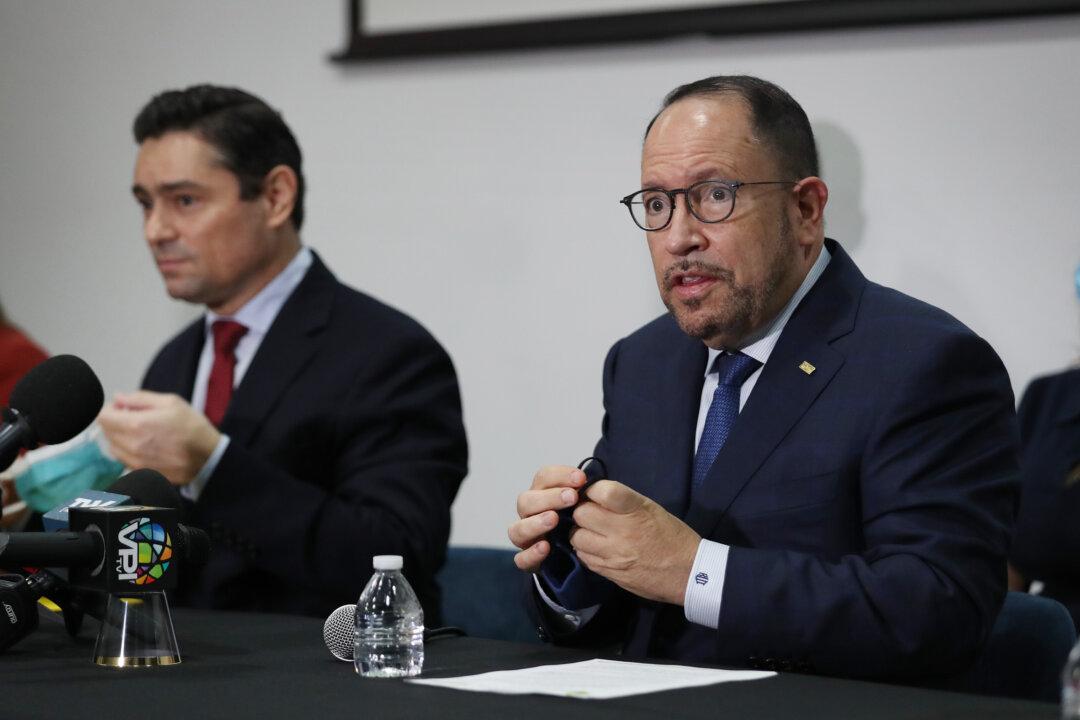Policies leading to a war on fossil fuels, as well as the Russian invasion of Ukraine, will contribute to a food crisis, according to Robert Unanue, president and CEO of Goya Foods.
“We are on the precipice of food shortage,” he said.

Policies leading to a war on fossil fuels, as well as the Russian invasion of Ukraine, will contribute to a food crisis, according to Robert Unanue, president and CEO of Goya Foods.
“We are on the precipice of food shortage,” he said.